Sarah Weinman recommends 6 true-crime stories with literary merit
The author recommends works by Janet Malcolm, Rebecca Godfrey, and more
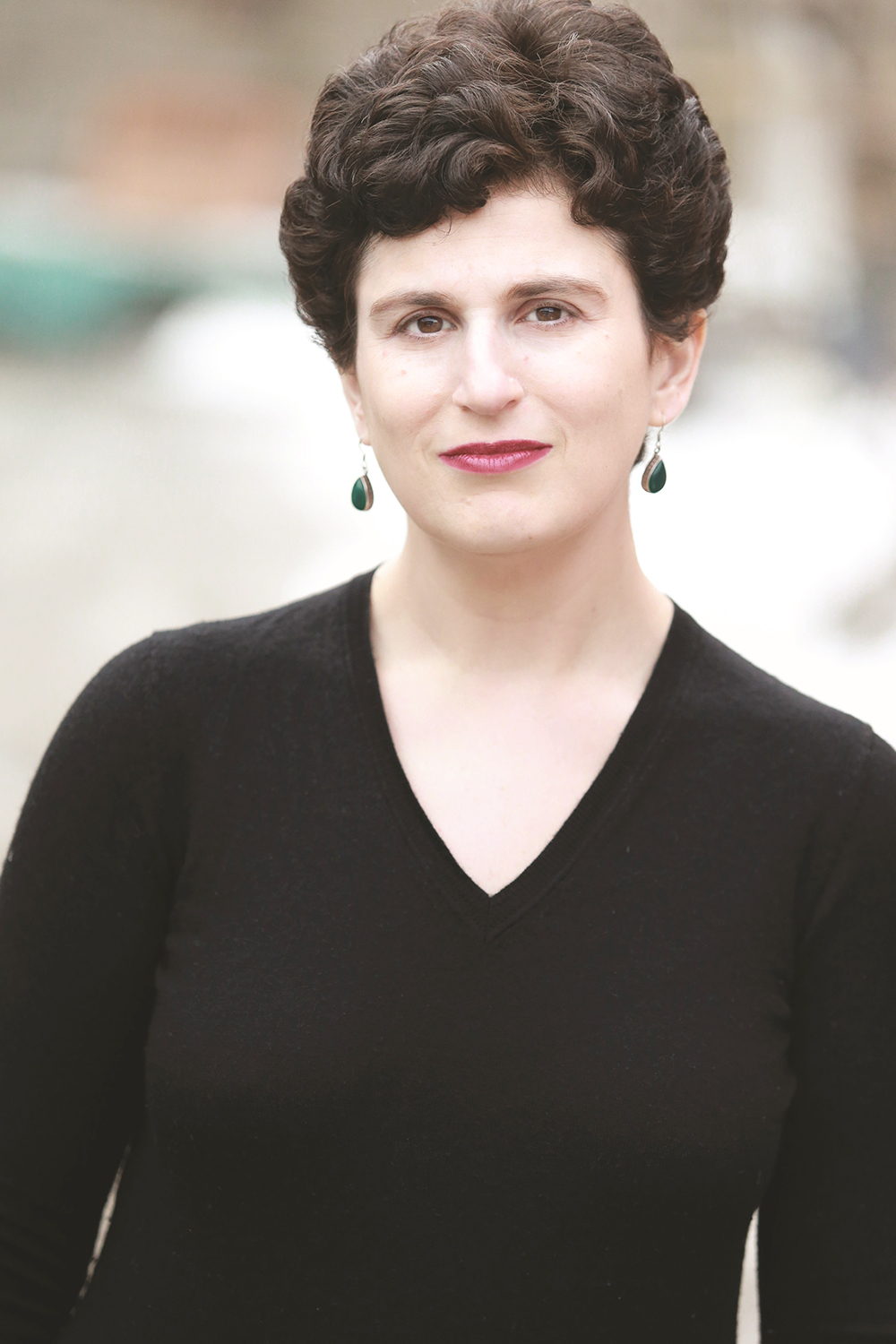
A free daily email with the biggest news stories of the day – and the best features from TheWeek.com
You are now subscribed
Your newsletter sign-up was successful
Sarah Weinman is the author of 2018's The Real Lolita, a journalist, and the editor of three crime anthologies. The latest of those anthologies, Unspeakable Acts, collects 13 true-crime stories from contemporary masters of the form.
Classic Crimes by William Roughead (1951).
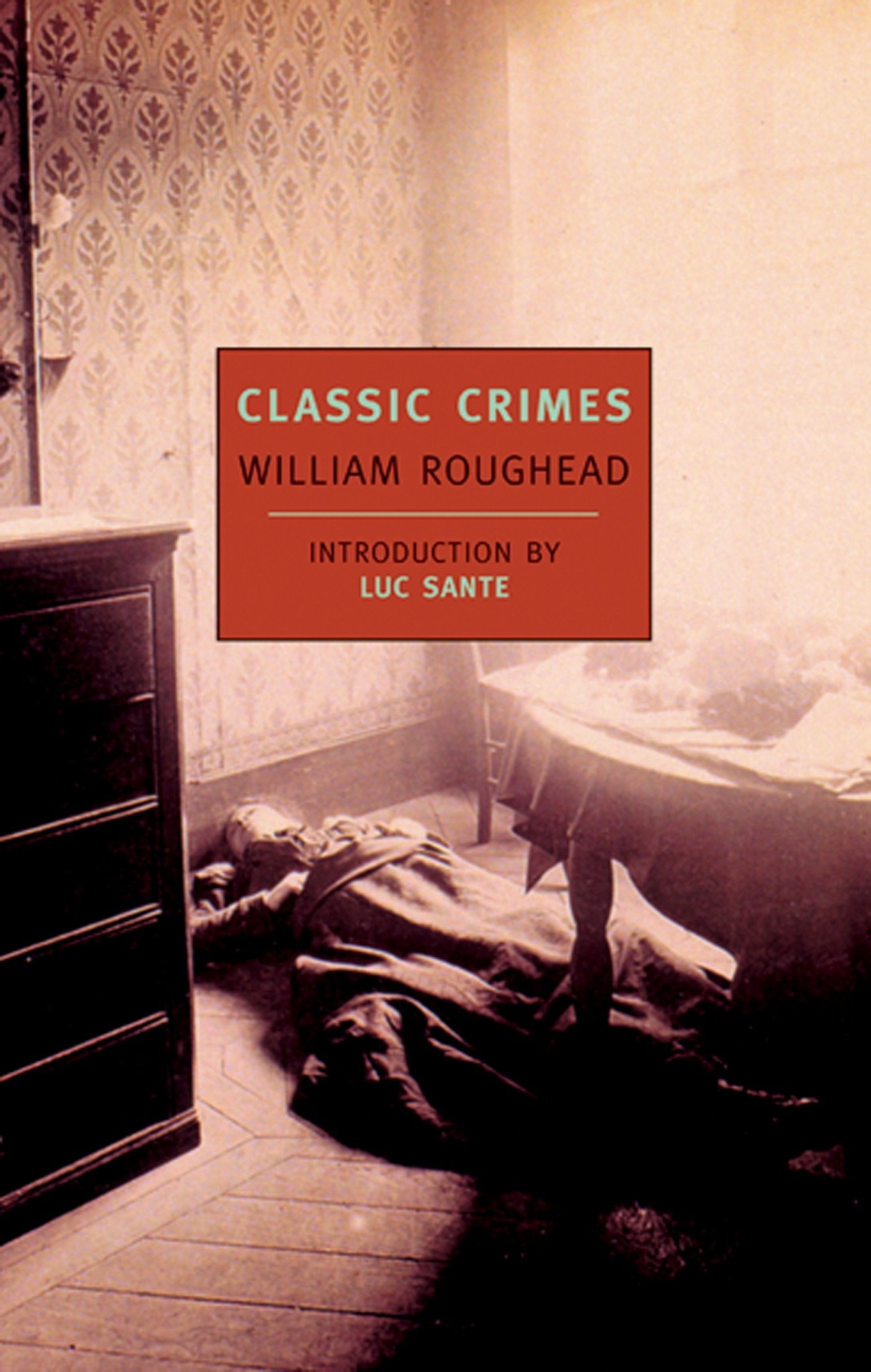
The true-crime genre as we understand it could not exist without the writings of Roughead (1870–1952), a Scottish lawyer with an avid interest in criminal trials. His writeups of trials he attended and cases he researched, collected in this single volume, are infused with delight and brio, as well as bursts of outrage at obvious wrongs.
The Week
Escape your echo chamber. Get the facts behind the news, plus analysis from multiple perspectives.

Sign up for The Week's Free Newsletters
From our morning news briefing to a weekly Good News Newsletter, get the best of The Week delivered directly to your inbox.
From our morning news briefing to a weekly Good News Newsletter, get the best of The Week delivered directly to your inbox.
Crime and Science by Jürgen Thorwald (1967).
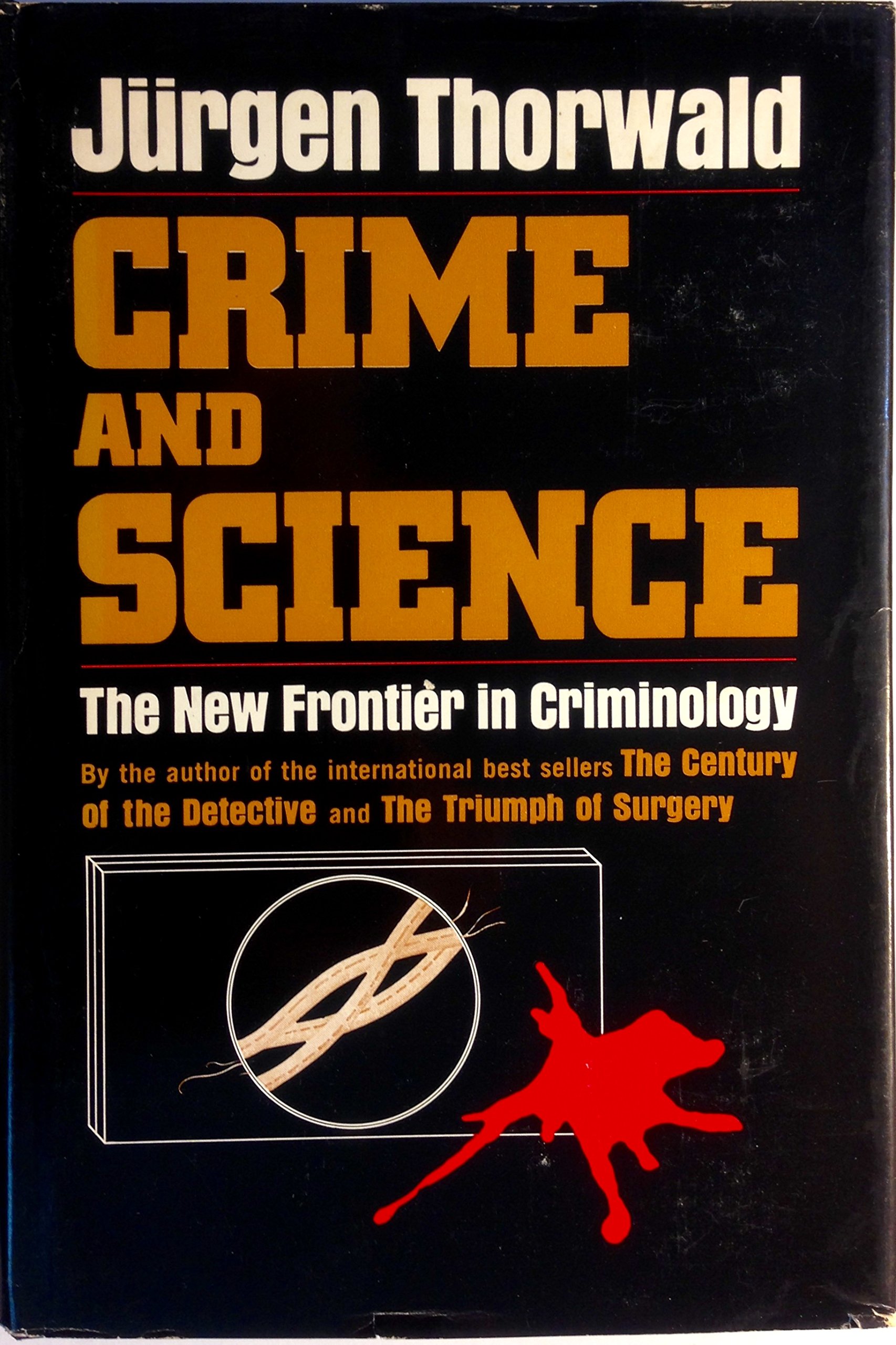
Thorwald's incisively written tour through cases obscure and famous highlights 20th-century forensic science techniques such as blood typing and elemental analysis of gunshot residue. He showcased these pioneering techniques at a time when the revolution of DNA evidence was still two decades away.
The Journalist and the Murderer by Janet Malcolm (1990).
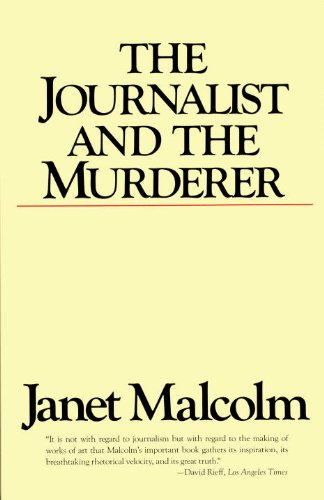
With each rereading, I find something new in Malcolm's account of the complex battle between author Joe McGinniss and his subject, convicted killer Jeffrey MacDonald. The principals and the case matter less to Malcolm than the failures of the journalist-subject relationship, which she conveys with near perfection.
A free daily email with the biggest news stories of the day – and the best features from TheWeek.com
Under the Bridge by Rebecca Godfrey (2005).
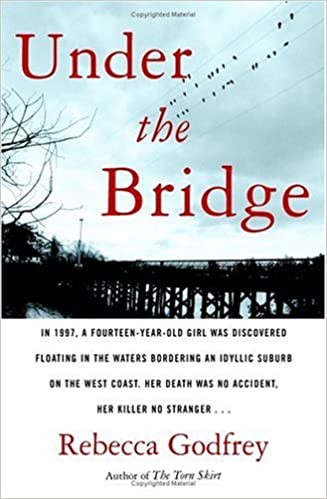
Fourteen-year-old Reena Virk's murder by several classmates was a flash point in my — and Godfrey's — home country of Canada in the late 1990s. Godfrey renders the victim and the perpetrators in stunning, three-dimensional detail, combining immersive journalism with a novelist's eye.
Hannah Mary Tabbs and the Disembodied Torso by Kali Nicole Gross (2016).
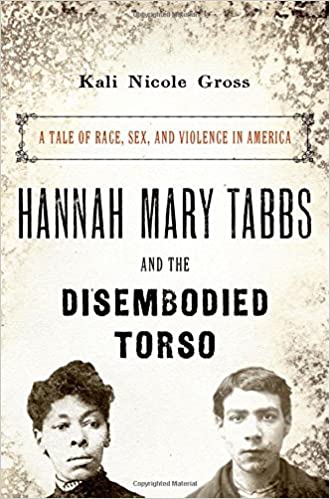
True-crime narratives by African-American authors are disappointingly scarce — something that must change soon. Gross, a Rutgers University history professor, masterfully reconstructs both a ghastly late-19th-century murder and the life of a woman tried for the crime. Gross also illuminates how the American criminal justice system continues to fail the black community.
Furious Hours by Casey Cep (2019).
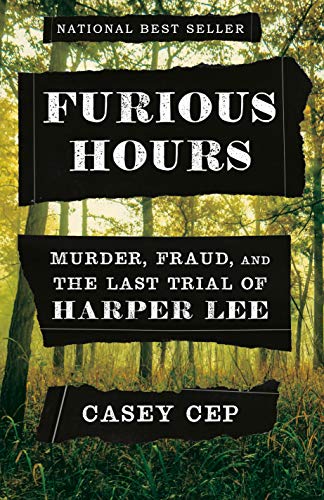
What a marvel of a book — one that's as much about a series of murders that rocked small-town Alabama in the late 1970s as it is a thoughtful, empathetic portrait of Harper Lee, psychologically overwhelmed by the prospect of writing another book after To Kill a Mockingbird.
This article was first published in the latest issue of The Week magazine. If you want to read more like it, you can try six risk-free issues of the magazine here.